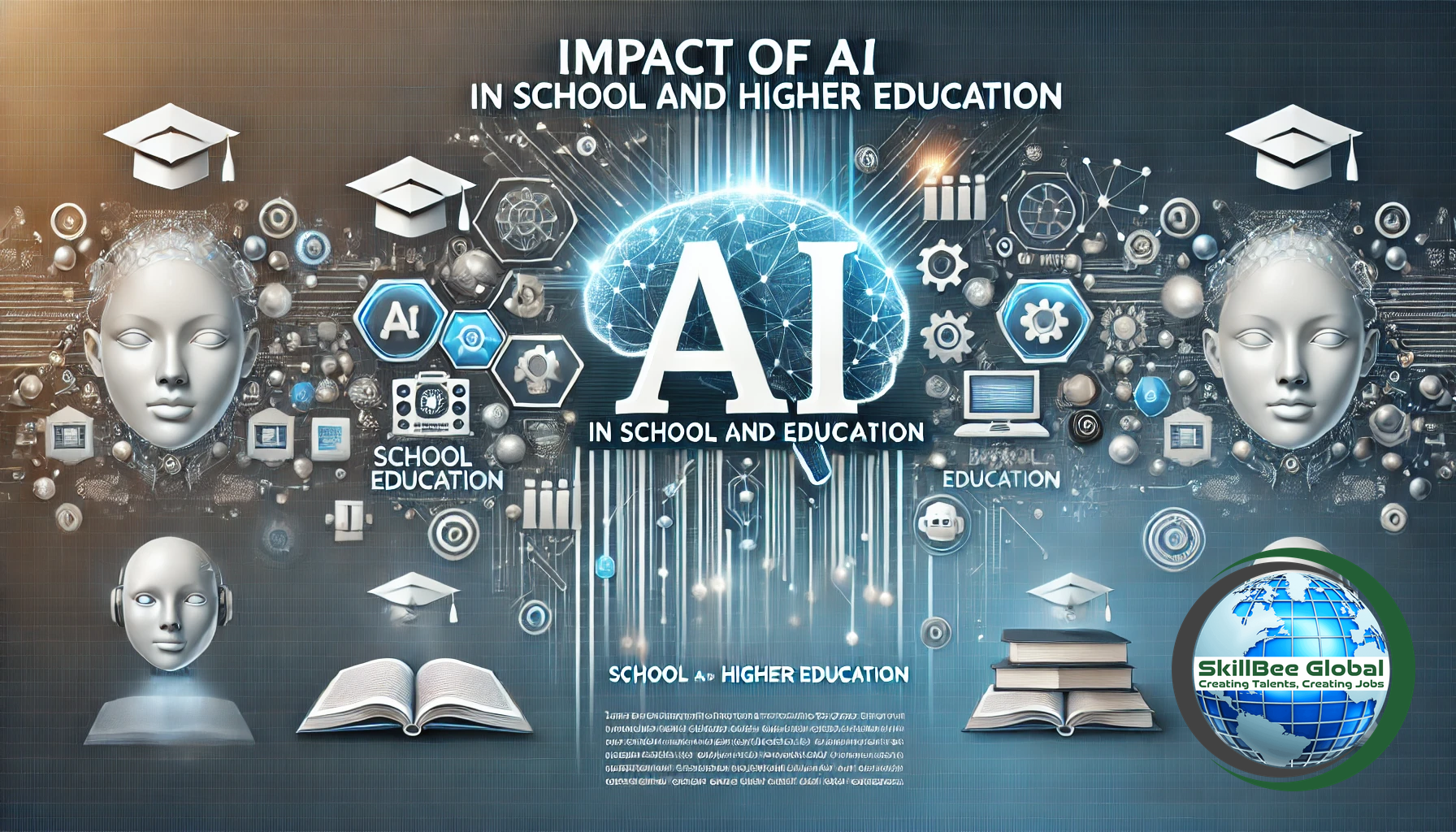
As technology and globalization rapidly transform industries, the demand for skill education has never been more critical. According to a World Economic Forum report, by 2025, over 50% of all employees will require significant reskilling and upskilling to keep pace with evolving job roles. This shift necessitates a reimagining of traditional educational approaches, particularly in liberal arts, to equip learners with the skills and knowledge needed to thrive in the 21st century.
Lifelong learning and continuing education have become indispensable as industries advance swiftly. The focus on emerging technologies, such as artificial intelligence and machine learning, in educational programs is crucial for preparing students for future job roles. Specialized domains, including data science, digital marketing, renewable energy, and cybersecurity, are now pivotal areas where students must develop expertise. As a result, educational institutions are increasingly offering programs tailored to these high-demand fields.
The rise of online and distance learning has further facilitated access to education, particularly for working professionals who require flexibility. The convenience of these programs allows individuals to balance their professional and personal commitments while pursuing skill enhancement. Moreover, partnerships between educational institutions and industries provide students with practical learning experiences, real-world projects, internships, and placement opportunities, ensuring that their education is relevant and aligned with current industry practices.
The integration of practical learning experiences is also highly valued, with a significant majority of students and employers recognizing its importance. Engaging with real-world challenges fosters critical thinking, problem-solving skills, and enhances employability. Comprehensive career services, including resume building and interview preparation, play a crucial role in supporting students' transition into the workforce.
In conclusion, adapting education to meet the changing demands of learners and society is essential. By focusing on skill education and fostering practical experiences, educational institutions can empower individuals to succeed in a complex and interconnected world, ensuring they are well-prepared for future workforce challenges.
Chinnappan Paul
Education and Career Strategist
Comments (0)
Categories
Recent posts


Upskilling Employees -Top 10 Benefits ...
8 Aug 2024
Projected Hiring Trends in 2025 Indian ...
11 Mar 2025
The Importance of Skill Education: A ...
8 Aug 2024




